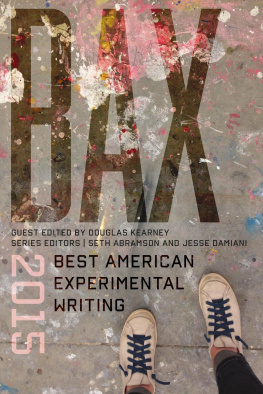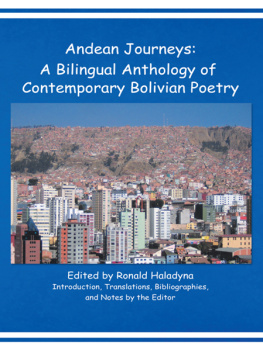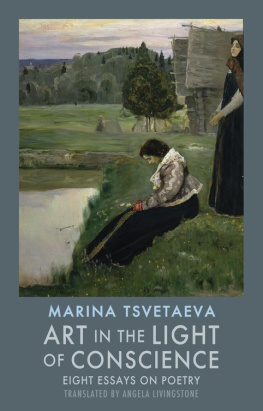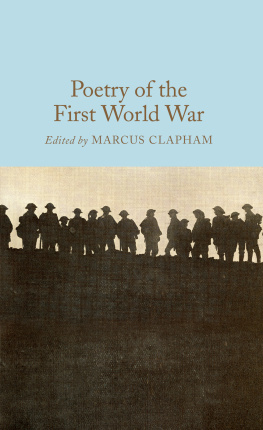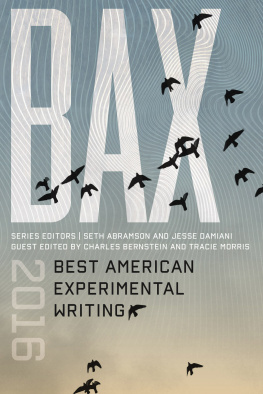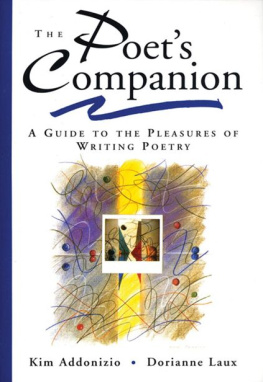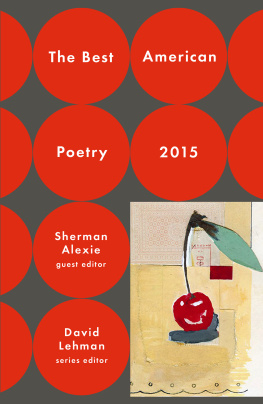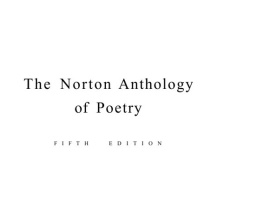
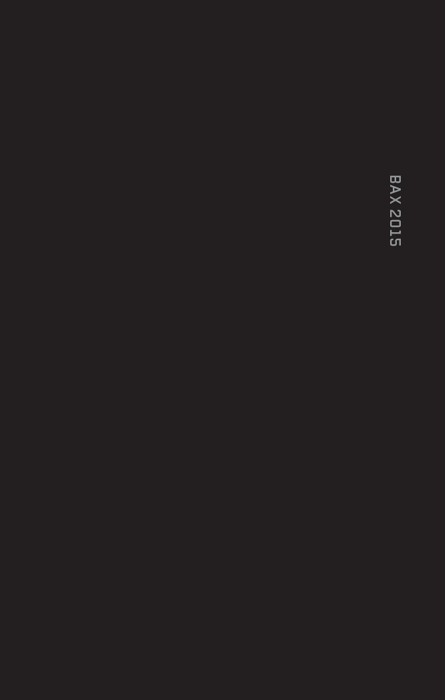
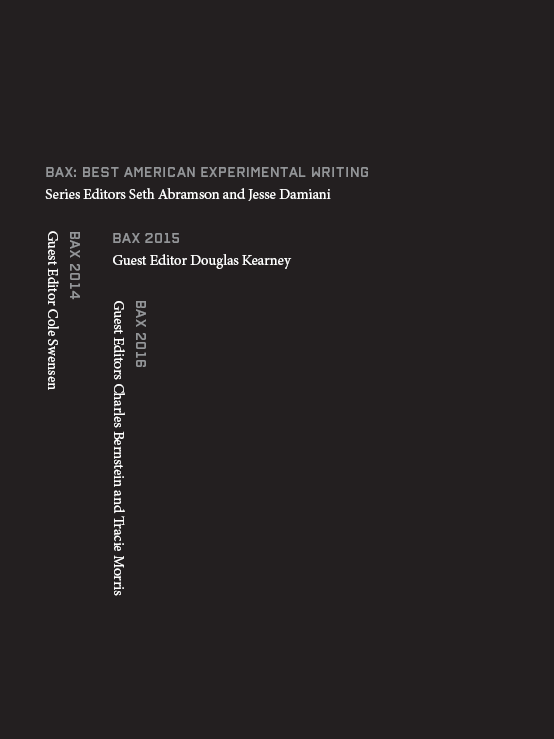
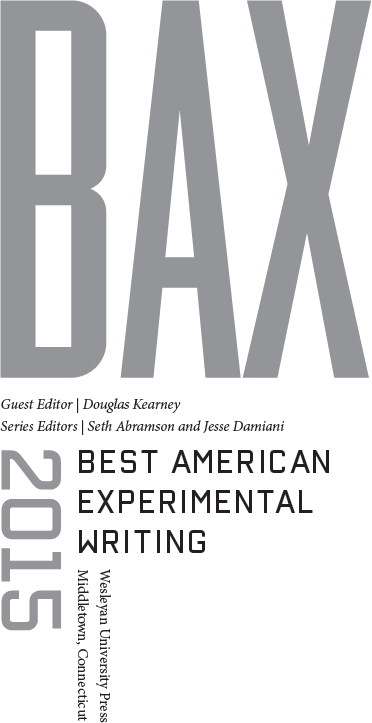
Wesleyan University Press
Middletown CT 06459
www.wesleyan.edu/wespress
2015 Wesleyan University Press
All rights reserved
Manufactured in the United States of America
Designed by Mindy Basinger Hill
Typeset in Minion Pro
Hardcover ISBN: 978-0-8195-7607-1
Paperback ISBN: 978-0-8195-7608-8
Ebook ISBN: 978-0-8195-7609-5
54321
Cover photo, morguefile.com
Contents
Digital-only contributions to BAX 2015 can be found at: bax.site.wesleyan.edu.
BLAIR JOHNSON
You are only a part of yourself, collected in tangles
MATTHEW BURNSIDE
In Search of: A Sandbox Novel
ALEJANDRO MIGUEL
JUSTINO CRAWFORD
Egress
LAWRENCE GIFFIN
from Non Facit Saltus
TRACY GREGORY
For Mercy
TINA HYLAND
Google the Future
KAIE KELLOUGH
d-o-y-o-u-r-e-a-d-m-e
JOSEPH MOSCONI
from Demon Miso/Fashion In Child
DUSTIN LUKE NELSON
[Everything That Is Serious Can Have a Filter]
JEFFREY PETHYBRIDGE
Found Poem Including History
DOUGLAS KEARNEY
Guest Editors Introduction
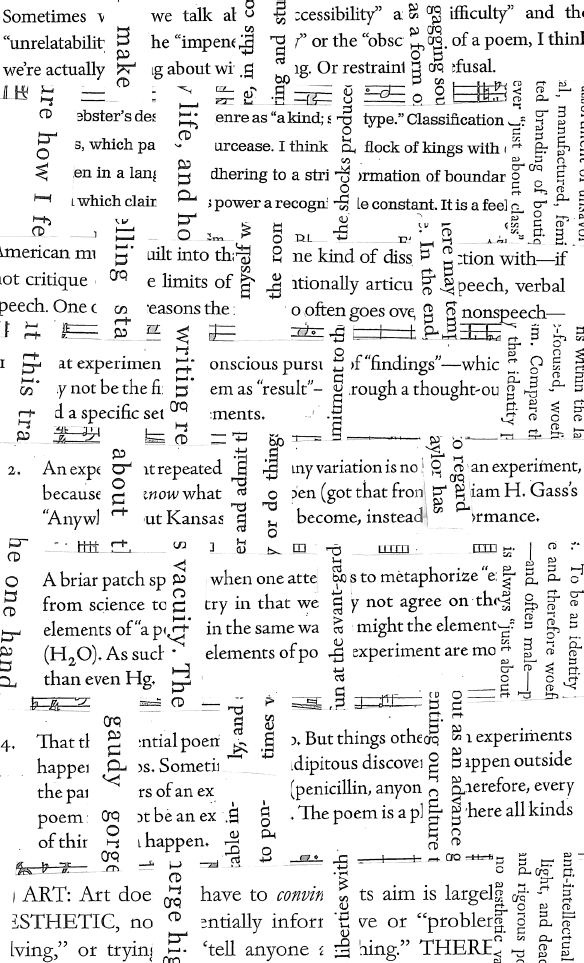
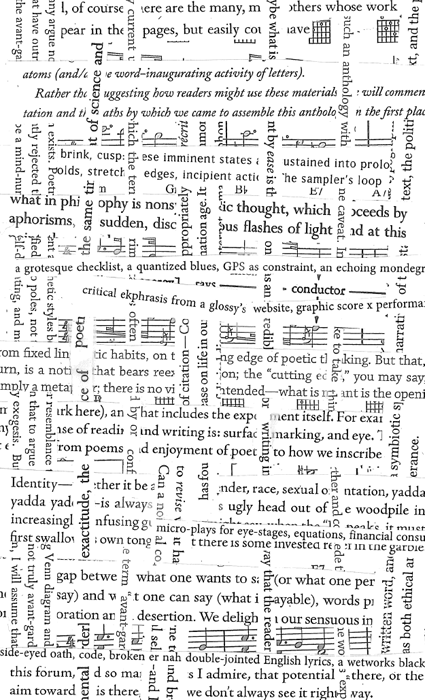
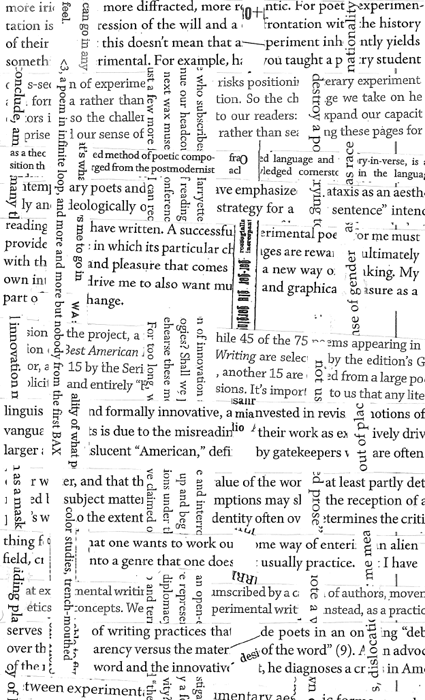
SETH ABRAMSON AND JESSE DAMIANI
Editors Introduction
There can be, finally, no canon of experimental writing. Experimental writing is a practiceone rightly associated, historically and in the present, with marginalized literary subculturesnot a roster of authors to be read, memorized, and emulated. Well-meaning academics, reviewers, and readers may narrativize the history of experimental writing in America as progressive and episodic, but in fact what the history of radical literary innovation underscores is this: the exploratory ethos that animates so-called experimental writing is a moving target. We can discuss ephemeral manifestations of that ethosor, as we do annually with this anthology, celebrate discrete iterations in an effort to encourage burgeoning conversationsbut what we cannot do, and what this series series will never aim to do, is act as a final arbiter of literary quality.
As series editors of a literary project that makes liberal use of the slippery and dubiously authoritative word best, we emphasize here that what the word means to us is not what it might mean to trendsetters, tastemakers, or canon builders. To us, the best experimental writing of a given period comprises whichever texts most readily advance ongoing conversations about the limits and possibilities of language and genre. We consider the quality of a literary experiment best measured in the depth, breadth, longevity, complexity, and urgency of the conversations it produces, as well as the future literary experiments it encourages. In soliciting fifteen pieces and, along with our guest editor, picking fifteen unsolicited pieces for this years edition of Best American Experimental Writing, we therefore eschewed narrow qualitative judgments in favor of a longer view: which pieces of writing published in 2014 most contributed to the swirl of debate, determination, and discovery that has defined American literature for centuries?
While no editor can comprehensively review all the writing published in a given yearAmerican literature is, thankfully, too rich and varied a landscape to permit such a surveywe have opened Best American Experimental Writing to unsolicited submissions to ensure that this anthology always remains accessible to artists whose names and words we might not otherwise encounter. By the same token, we have committed ourselves, as permanent editors of the series, to a divestment of our own entrenched biases; identifying an eclectic mix of experimental literature was of paramount importance to us throughout the selection process for this years volume. Put simply, Best American Experimental Writing courts no house style, is not preoccupied with the bugbear of thematic or formal cohesion, and solicits work based not on the identity of its author but on the level of commitment it exhibits to the ethos of creative risk-taking.
By what method, then, do we identify this ethos? There are, of course, no set guidelines, nor should there be. The best we can do, as series editors, is to recognize trends across multiple editions of the series and the thousands of solicited and unsolicited works we read in assembling this years volume. These trends suggest to us that the best experimental writingat least as weve considered these three words jointly and singlyexhibits most if not all of the following traits: its author assumes an actual rather than merely theoretical risk, whether in relation to her peers, her audience, or her own good name; it challenges formal, thematic, conceptual, and/or cultural conventions; it is circumspect about the sometimes constricting boundaries of genre; it engages, even when it does not seek to endorse, political commitments; it emphasizes conceptual rigor over adherence to aesthetic convention; and it approaches the literary act inductively rather than deductively. Not every work in this volume possesses all of these qualities in equal measure, but all implicitly acknowledge literary exploration as a necessarily risky, concept-driven, form- and genre-conscious endeavor. Although certain works in this years edition of Best American Experimental Writing may be assigned, by readers so inclined, to certain now-popular taxonomic classifications, as editors we are less concerned with entrenched taxonomies than with producing an admittedly incomplete record of experimental literatures ongoing dialogic cacophony. Because we cannot know which literary experiments posterity will favor or seek to expand uponand because the utility of an anthology to the living ought to outstrip exponentially its utility to an uncertain futurewe take our task to be one of discourse rather than delineation.
As with every edition of Best American Experimental Writing, forty-five works either previously unpublished or first published in 2014 have been selected by our guest editor, along with fifteen by the series editors and another fifteen from a large pool of unsolicited submissions collected during the series annual open reading period. This year, as with last year, we were humbled and inspired by the range and complexities of the unsolicited submissions we received, and exhilarated by the reams of published work we considered for our annual solicitations. Once again we have found, too, that the discourse surrounding experimentation in the literary arts is less dynamic than the facts on the ground. If certain names, philosophies, and compositional gestures reappear with great frequency in some of the nations foremost magazines and digital coffee klatches, a more wide-ranging survey of the American literary landscape reveals that many of the most interesting conversations about the exploratory authorial ethos continue to occur at the margins of our literary subcultures. For this reason, we hope this anthology will surprise its readersand perhaps even unsettle themevery bit as much as it satisfies their curiosities or confirms their predilections. A good anthology is, after all, not merely a pedagogical instrument but a deliberate provocation. The hope, with this anthology, is that in laying bare our aims to the extent weve done here, it will be understood that the provocation we intend is not one founded in literary one-upmanship, but in prodding the conversations were presently having about literature until they blossom into exchanges we canhappilyonly dream of in the present.
Next page
